Disclosure: This article contains affiliate links. We may earn a commission from purchases at no extra cost to you, which helps our travel content.
There's something magical about a place where the distance between field and fork can be measured in kilometers rather than continents. As an urban planner with a penchant for sustainable city design, I've developed quite the fascination with how communities connect to their food systems. Palmerston North—nestled in New Zealand's fertile Manawatu region—has quietly been orchestrating a food revolution that would make any sustainability advocate's heart sing. During my recent summer weekend escape from Belfast's perpetual drizzle, I discovered that this unassuming university city has transformed itself into a veritable playground for food enthusiasts. Far from the tourist-heavy routes of Auckland or Wellington, Palmy (as locals affectionately call it) offers a refreshingly authentic glimpse into how a regional New Zealand community is reimagining its relationship with food, farmers, and the future of sustainable dining.
The Heart of Manawatu: Palmerston North Farmers' Market
My love affair with food markets borders on professional obsession—they're perfect microcosms of a city's relationship with food, community, and public space. The Palmerston North Farmers' Market, held every Saturday morning in The Square, is a textbook example of what these spaces should be.
Arrivals before 9 AM are rewarded with both prime parking and first pick of the region's bounty. I watched as farmers unloaded crates of vegetables still dusted with morning soil, while artisanal producers arranged their cheeses, breads, and preserves with meticulous care. Unlike some markets that have surrendered to commercialization, Palmy's remains gloriously authentic—every vendor I spoke with was directly involved in producing their goods.
The layout itself deserves appreciation from a planning perspective: the market forms a welcoming circle rather than rigid rows, creating natural gathering spaces where locals catch up over coffee from mobile carts. Children dart between stalls while parents fill cloth shopping bags (I was grateful for my reusable produce bags which earned approving nods from several vendors).
What truly distinguishes this market is its commitment to education. Each week features demonstrations from local chefs who transform market ingredients into simple meals on portable cooking stations. During my visit, a young chef from a nearby restaurant was showing families how to turn humble root vegetables into restaurant-worthy dishes, with children eagerly volunteering to help stir and taste.
As I sipped a flat white and nibbled on a pastry filled with locally-grown boysenberries, I chatted with Helen, a dairy farmer who's been selling cheese at the market for fifteen years. 'We're not just selling food,' she told me, her hands weathered from decades of farm work. 'We're selling the story of this region. Every bite connects you to our land.'
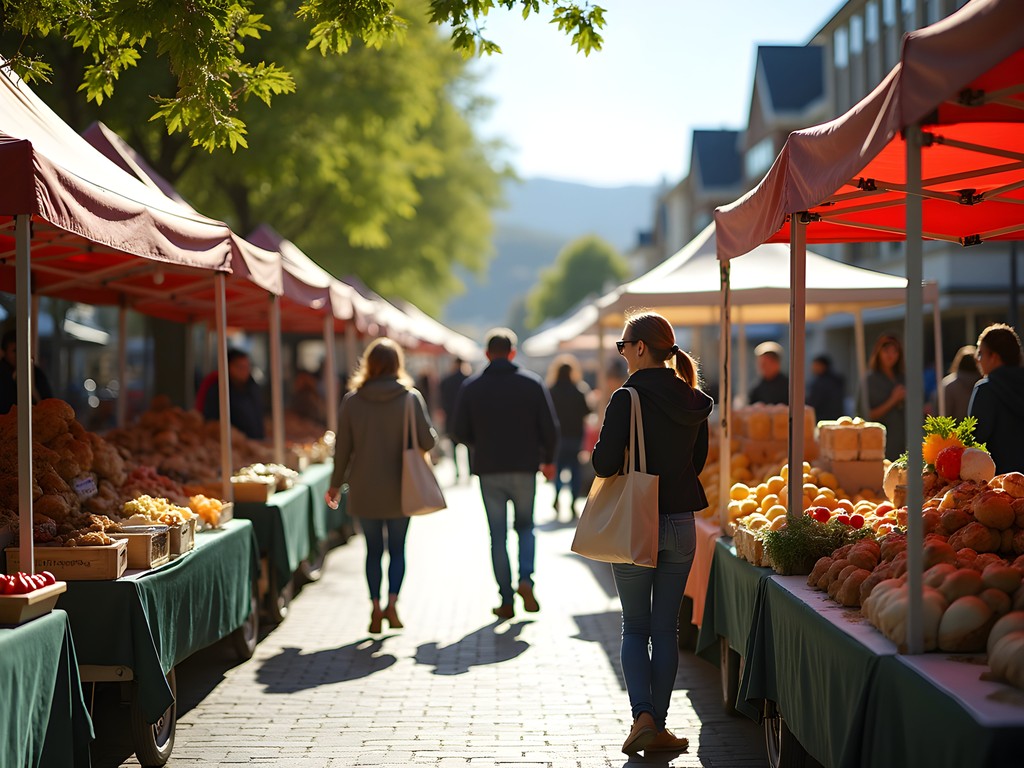
💡 Pro Tips
- Arrive before 9 AM for the best selection and easier parking
- Bring cash as some smaller vendors don't accept cards
- Don't miss the cooking demonstrations that start around 10:30 AM
From Paddock to Plate: Family-Friendly Farm Experiences
One of the joys of traveling to agricultural regions is the opportunity to connect children (and adults, if I'm honest) with the origins of their food. Palmerston North excels at making these experiences both educational and genuinely enjoyable.
My favorite discovery was Taylor's Free Range Farm, located just 15 minutes from the city center. Unlike contrived tourist attractions, Taylor's offers an authentic glimpse into working farm life. Visitors can join the morning egg collection (a hit with younger children), help feed animals, and even participate in seasonal activities like fruit picking or vegetable harvesting depending on the time of year.
What impressed me most was how the Taylor family has designed their visitor experience to be simultaneously entertaining and educational. During my visit, farmer Dave spent nearly an hour explaining sustainable farming practices to a captivated audience of both children and adults. He demonstrated how their regenerative grazing system improves soil health while producing more nutritious food—complex concepts made accessible through hands-on demonstration.
The farm visit culminates in a delightful farm store where visitors can purchase the very products they've learned about. I couldn't resist leaving with a dozen multicolored heritage eggs and some honey from hives positioned strategically throughout the property.
For families with older children, I recommend the more immersive experience at Limestone Creek Farm Stay, where visitors can book half-day 'junior farmer' experiences. Children are assigned age-appropriate tasks from collecting eggs to helping prepare animal feed. The owners provide each child with a kids gardening set to use during their stay—a thoughtful touch that elevates the experience from passive observation to active participation.
These farm experiences offer something increasingly rare in our disconnected food system: the chance to meet the people who grow our food, understand their challenges, and appreciate the complex journey from soil to plate.
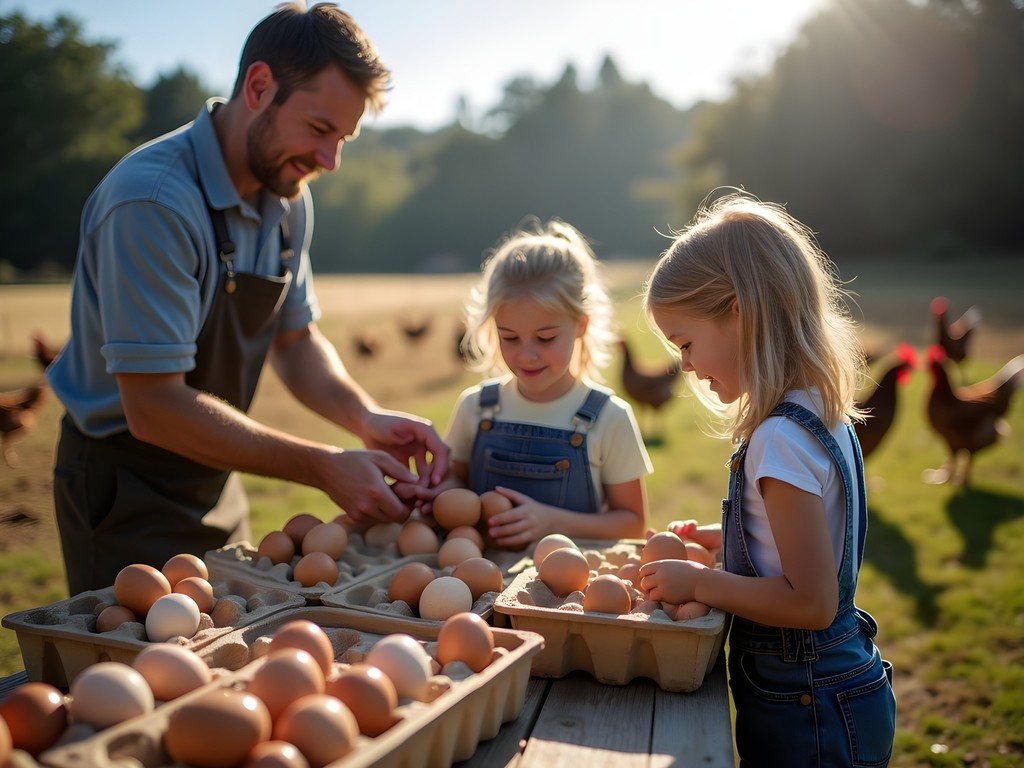
💡 Pro Tips
- Book farm experiences at least a day in advance, especially during summer holidays
- Wear closed-toe shoes and clothes that can get dirty
- Ask about seasonal activities—summer offers different experiences than other times of year
Palmy's Sustainable Restaurant Scene
Palmerston North's restaurant landscape has undergone a remarkable transformation in recent years, with sustainability now firmly at the heart of its culinary identity. As someone who's dined in cities worldwide, I was genuinely impressed by how this regional center has embraced farm-to-table principles without the pretension often found in larger metropolitan areas.
Leading this movement is Nero Restaurant, where chef Scott Kennedy has created a menu that reads like a geography lesson of the Manawatu region. Each dish identifies the specific farms supplying its components, from the lamb raised on hillsides 20 minutes away to the microgreens grown in urban gardens within the city limits. The restaurant's commitment extends to its physical space—the building has been retrofitted with rainwater collection systems and solar panels, while the outdoor dining area features clever biophilic design elements that would make any urban planner swoon.
For families seeking more casual fare, The Herb Farm Café offers a uniquely integrated food experience. Set within working herb gardens, the café allows diners to literally see the ingredients that will appear in their meals. Children are given small 'herb hunter' cards that encourage them to identify different plants throughout the gardens before their meal arrives featuring those very herbs. It's a brilliant way to engage younger diners with their food.
What particularly struck me about Palmy's restaurant scene was the collaborative rather than competitive atmosphere. Local Food Palmy, a collective of restaurants committed to sourcing ingredients within a 100km radius, hosts monthly events where member establishments create dishes showcasing a single seasonal ingredient. During my visit, it was sweetcorn season, and participating restaurants offered creative interpretations ranging from sweetcorn ice cream to fermented corn beverages.
After dinner one evening, I enjoyed a nightcap at Brew Union, a craft brewery that partners with local farmers to repurpose spent grain as animal feed—a small but meaningful closed-loop system. Over a perfectly poured hazy IPA, I chatted with the owner about how sustainability initiatives have actually improved their bottom line rather than burdening it with additional costs.
For those planning multiple restaurant visits, I found my reusable travel cutlery set came in handy for takeaway meals, earning appreciative comments from eco-conscious staff.
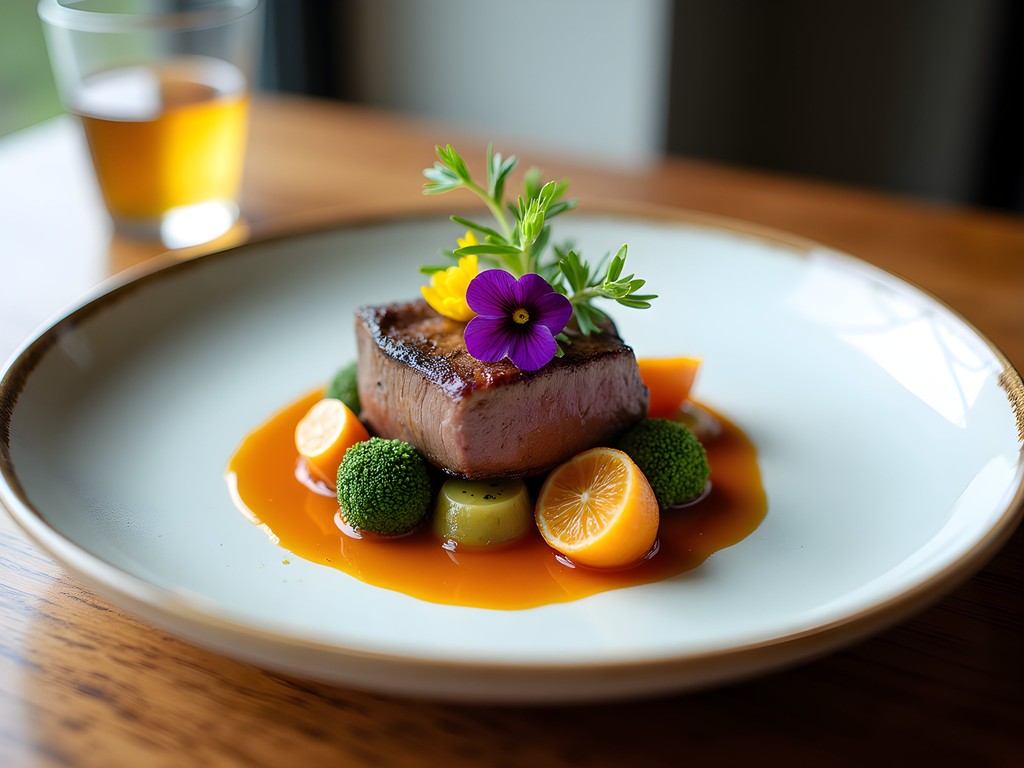
💡 Pro Tips
- Make reservations for Nero at least a week in advance, especially for weekend dinners
- Ask servers about the farms supplying your meal—they're knowledgeable and passionate about their suppliers
- Check the Local Food Palmy website for special events during your visit
Food Education: Workshops and Classes
What sets Palmerston North apart from many food destinations is its emphasis on education and skill-building. As someone who believes sustainable food systems require informed consumers, I was delighted to discover the city's robust calendar of food workshops designed for visitors and locals alike.
The crown jewel of these educational offerings is the Food Innovation Studio at Massey University, which opens its doors to the public several times monthly for workshops ranging from fermentation basics to sustainable meat butchery. I attended a three-hour sourdough workshop where participants learned the science behind wild fermentation while getting their hands gloriously messy with organic, locally-milled flour. Each participant left with their own sourdough starter and a wealth of knowledge about grain production in New Zealand.
For families with children, the He Ara Kotahi Riverside Kitchen offers weekend classes specifically designed for young cooks. During my visit, I observed a 'garden to plate' session where children harvested vegetables from the adjacent community garden before transforming them into simple, nutritious meals under expert guidance. The joy on their faces as they proudly served their creations to waiting parents was priceless.
One of my most memorable experiences was a Māori food workshop at Te Manawa Museum, where knowledge holder Hera Taitoko shared traditional food preservation techniques that have sustained indigenous communities for generations. Participants learned about foraging ethics, seasonal indicators, and sustainable harvesting practices that feel remarkably relevant to contemporary food security challenges.
For those interested in home gardening, the community education center offers excellent 'Small Space, Big Harvest' workshops perfect for visitors hoping to implement sustainable practices back home. I found the gardening journal recommended by the instructor to be an invaluable tool for recording seasonal observations and planning—I've since purchased one for my own modest Belfast balcony garden.
What impressed me most about these educational offerings was their accessibility—both in terms of cost (many are free or modestly priced) and approach (no previous knowledge required). They represent a community genuinely committed to democratizing food knowledge rather than gatekeeping culinary skills.
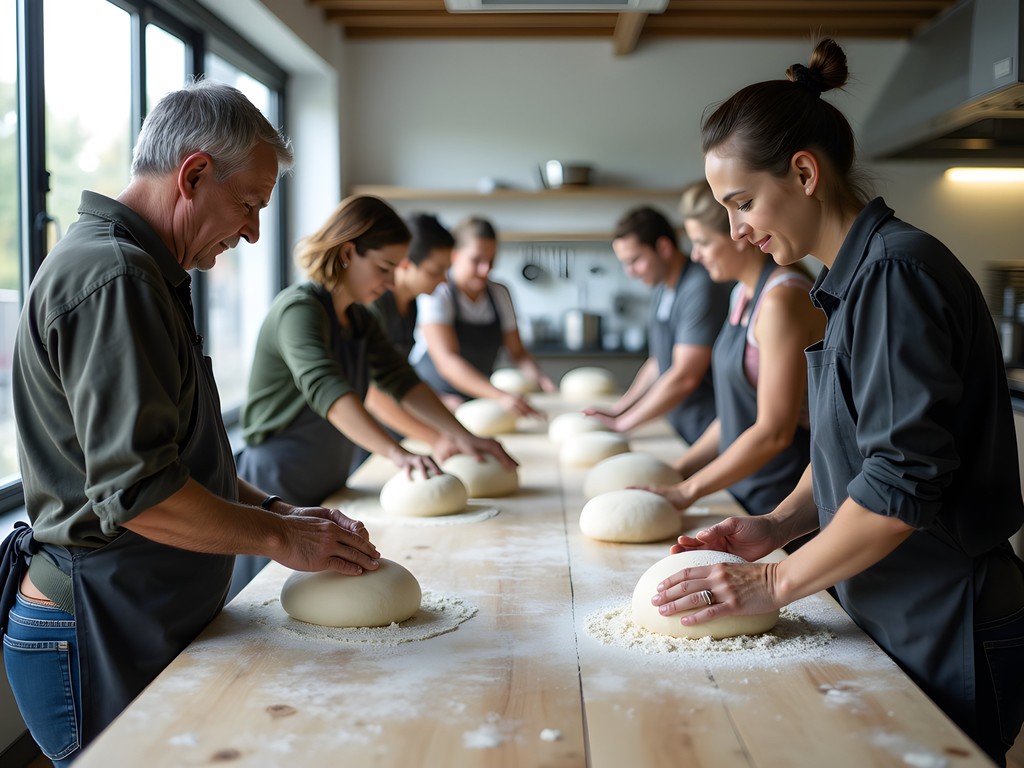
💡 Pro Tips
- Book educational workshops at least two weeks in advance as they often sell out
- Wear comfortable, washable clothing for hands-on classes
- Check with the Palmerston North i-SITE visitor center for last-minute workshop openings
Urban Agriculture: Palmy's Community Gardens
As an urban planner, I'm perpetually fascinated by how cities integrate food production into their fabric. Palmerston North has embraced urban agriculture with an enthusiasm that larger cities would do well to emulate. These green spaces serve multiple functions—producing food, creating community gathering spaces, and transforming the urban landscape.
The Central Environmental Community Garden, located just a 10-minute walk from The Square, stands as a testament to thoughtful urban design. What was once a vacant lot has been transformed into a productive oasis where over 30 varieties of vegetables, fruits, and herbs flourish in geometrically arranged beds. The garden operates on a unique model where visitors—yes, even tourists—are encouraged to harvest small amounts of produce in exchange for some light work like watering or weeding.
During my visit, I spent a delightful hour helping a volunteer named Margaret harvest snow peas while she shared the garden's history and philosophy. 'We're not just growing vegetables,' she explained, 'we're growing gardeners.' The garden hosts regular 'skill swap' sessions where experienced gardeners share techniques with beginners, creating a knowledge ecosystem as rich as the soil they tend.
For families, the Awapuni Community Gardens offer a more structured experience with dedicated children's plots featuring fast-growing vegetables and sensory plants selected specifically to engage young gardeners. The weekend I visited, children were participating in a 'pizza garden' activity, harvesting tomatoes, basil, and other toppings before assembling their creations for a solar oven cooking demonstration.
What particularly impressed me was how these gardens have been integrated into the city's green network. The He Ara Kotahi pathway—a stunning riverside cycling and walking trail—connects several community gardens, creating opportunities for 'edible exploration' tours by foot or bicycle. I rented a bike from the visitor center and spent a glorious afternoon cycling between gardens, stopping to chat with gardeners and sample seasonal offerings.
For visitors inspired to start growing food at home, many gardens offer seedling exchanges and practical advice. I found myself taking copious notes on companion planting techniques that I'm eager to implement in my community garden plot back in Belfast. Several gardeners recommended the garden planning notebook I was using, noting how its structured approach helps track successes and learning opportunities across growing seasons.
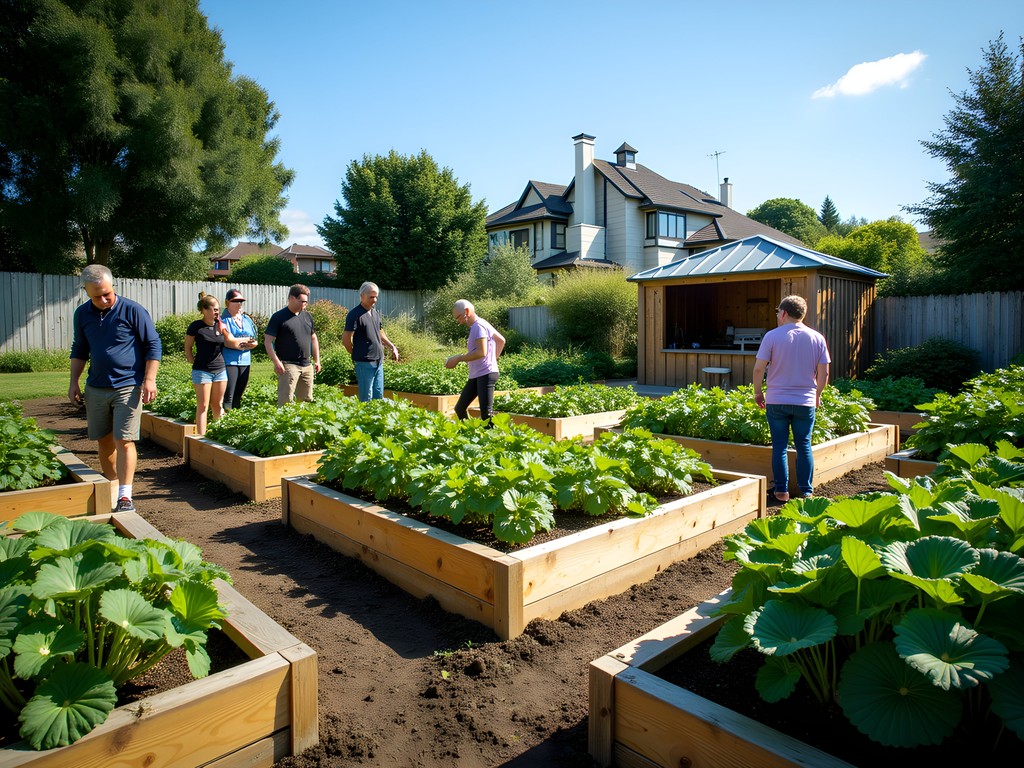
💡 Pro Tips
- Visit gardens in the morning when volunteers are most likely to be present and happy to chat
- Bring a small offering (seeds from your home region make wonderful gifts) when visiting community gardens
- Check the community garden bulletin boards for impromptu workshops or harvest events
Final Thoughts
As my weekend in Palmerston North drew to a close, I found myself reluctantly packing away my market treasures and garden notes. This unassuming city has crafted something remarkable—a food ecosystem where production, education, and consumption form a harmonious cycle that benefits farmers, consumers, and the environment alike. What struck me most wasn't just the quality of the food (though it was exceptional) but the intentionality behind every element of the system. For families seeking to connect children with food origins, couples exploring sustainable travel options, or solo travelers like myself with a passion for authentic food experiences, Palmy offers a template for what thoughtful food tourism can be. As I boarded my flight back to Belfast, my notebook filled with ideas and inspiration, I couldn't help but reflect on how this regional New Zealand city is quietly pioneering approaches that could transform our global food system—one market, garden, and meal at a time.
✨ Key Takeaways
- Palmerston North offers authentic farm-to-table experiences accessible to visitors of all ages
- The city's food education programs provide hands-on learning opportunities that travelers can participate in
- Community gardens welcome visitors and provide insight into urban agriculture models
- The collaborative food scene emphasizes regional identity and sustainability over competition
📋 Practical Information
Best Time to Visit
December through February (summer)
Budget Estimate
$150-250 NZD per day including accommodation and food experiences
Recommended Duration
2-3 days
Difficulty Level
Easy

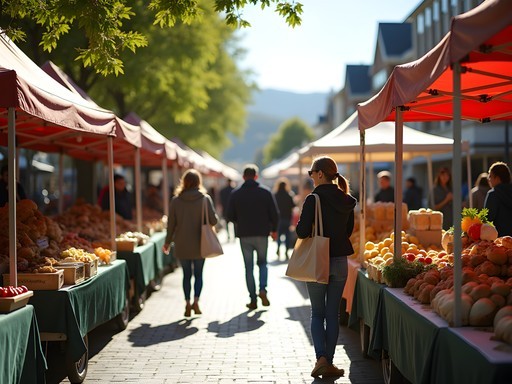
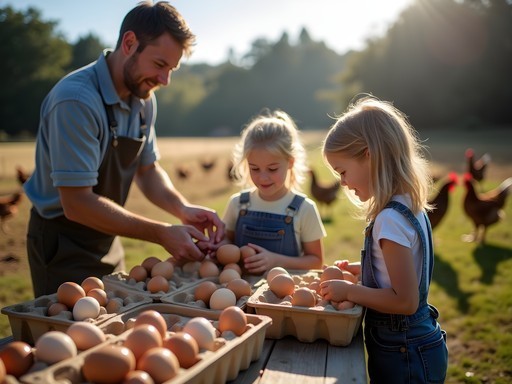
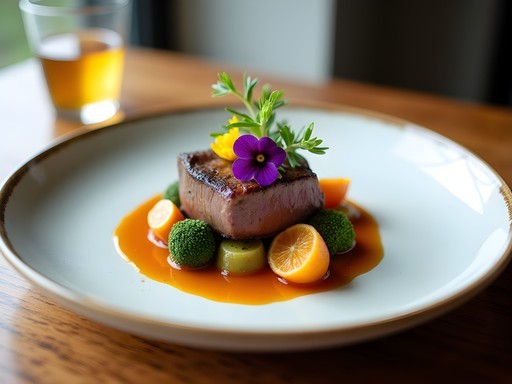
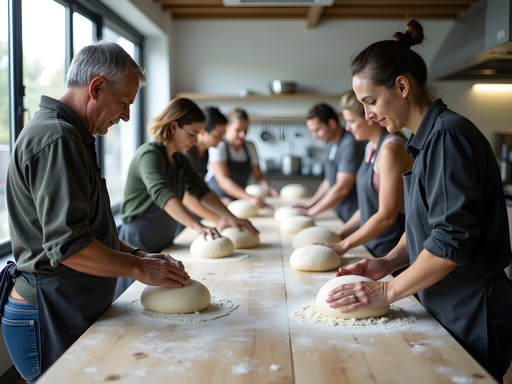
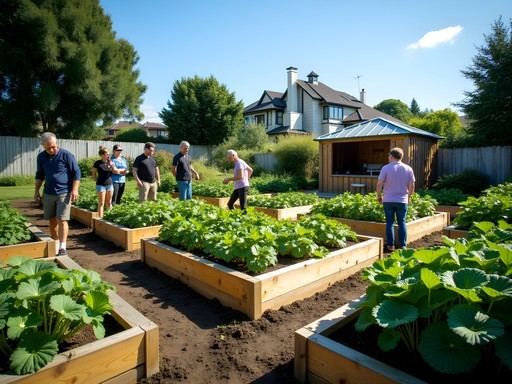


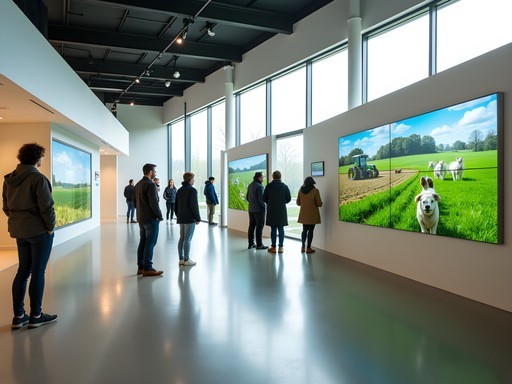

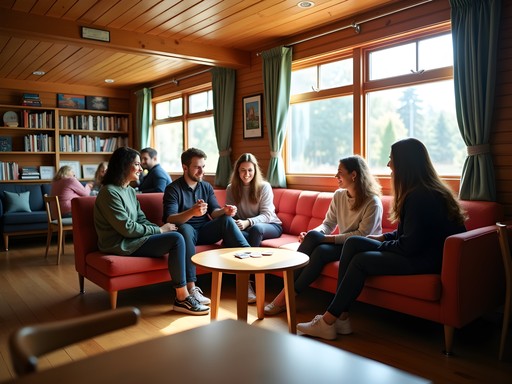
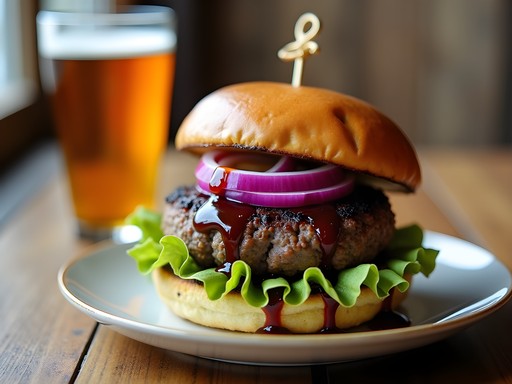
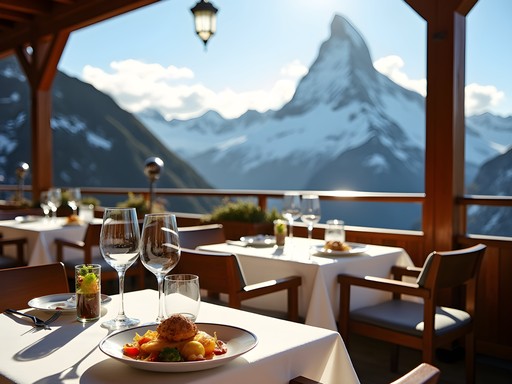
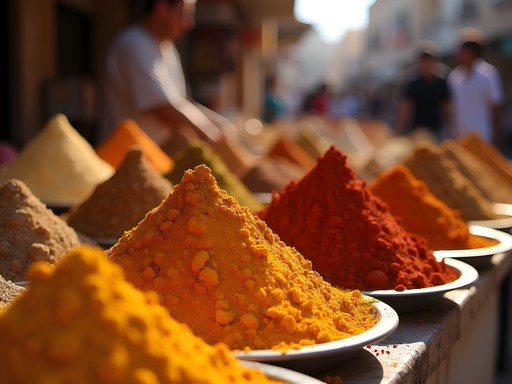
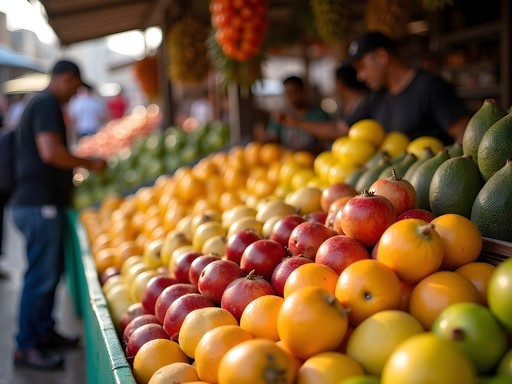
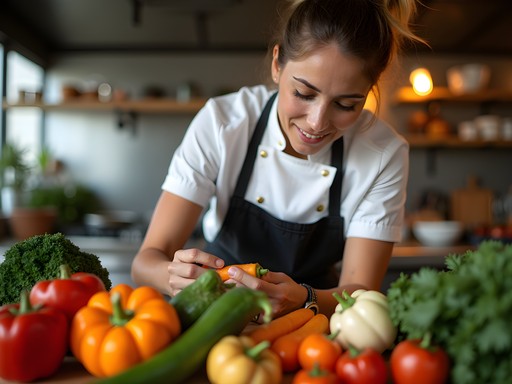
Comments
starexplorer
Love this!! Never thought of Palmy as a foodie destination but you've totally changed my mind
Casey Andersson
Jean, I absolutely loved reading this! I drove through Palmy last year on my way to Wellington and completely overlooked it. Your post has me rethinking that decision entirely. The farm-to-table movement in smaller NZ cities is really something special - I had a similar experience in Nelson where the chef literally walked me through which farm each ingredient came from. There's an intimacy to it that you just don't get in Auckland or Wellington anymore. The Feilding sale yards are also worth a Friday morning visit if anyone's in the area - it's a proper slice of rural NZ life. Definitely adding Palmy to my next North Island itinerary!
Jean Shaw
Casey! Yes, the Feilding sale yards are brilliant - I should have mentioned those. And you're so right about that intimacy. There's something really grounding about knowing exactly where your food comes from. Nelson's scene is fantastic too!
nomadgal
This looks amazing! What time does the farmers market start? Planning a road trip through the North Island and this might be a good stop!
Jean Shaw
It opens at 8am on Saturdays! Get there early for the best selection - the sourdough from that bakery stall sells out by 9:30. Have a great trip!
nomadgal
Perfect, thanks!!
backpackguy
Those farmers markets are the real deal! No tourist markup like in Auckland or Wellington. Great photos btw!
wildwalker
Just got back from Palmy and can confirm the farmers' market is incredible! Those fresh berries... 🤤
Claire Hawkins
Jean, this post brings back such wonderful memories! We spent a week in Manawatu last winter and the food scene completely surprised us. The Saturday farmers' market was the highlight of our trip - my daughters still talk about the honey tasting station where they got to meet the beekeeper! We also did a cheesemaking workshop at one of the local farms which was incredibly fun and educational. I documented our whole food journey in my travel journal which I now use for all our family foodie adventures. Your post captures the genuine warmth of the local producers perfectly!
wildwalker
That cheese workshop sounds amazing! Was it suitable for kids?
Claire Hawkins
Absolutely! My girls are 7 and 9, and they loved it. They provide step-by-step instructions and all the equipment. The farmers were so patient with the children!
roamchamp
This sounds amazing! Any specific restaurants in Palmy you'd recommend for someone who's big on sustainable eating but traveling with kids who are picky eaters?
Claire Hawkins
Not Jean, but I visited Palmerston North with my family last year! We loved Café Cuba - they have a great kids menu but still focus on local ingredients. My little ones were obsessed with their homemade lemonade made from local citrus!
roamchamp
Thanks Claire! Adding Café Cuba to our list. Did you try any of the farm visits with your kids?
Claire Hawkins
Yes! Absolutely do the Herb Farm tour - my kids loved seeing how everything grows and they have a little sensory garden section where children can touch and smell different herbs. The café there serves food with ingredients grown literally meters away!
Nova Rice
Jean, this piece beautifully captures the essence of Palmerston North's food scene! I visited last month during my New Zealand luxury food tour, and I was genuinely surprised by how this understated city rivals Wellington's culinary prowess. The intimate farm dinners you can book at Cottage Farm were a highlight - imagine dining among the very rows where your salad was harvested hours earlier, with the farmer explaining each ingredient's journey. I'd also recommend visitors check out the seasonal cooking classes at The Kitchen Studio - I learned to make the most divine feijoa desserts using techniques I've since incorporated into my home cooking. I documented the experience in my travel journal which has become my companion for capturing these culinary adventures. Jean, did you get a chance to visit any of the artisanal cheese producers in the region?
escapepro
Going to NZ in November and might add this to our itinerary. Are the farm tours suitable for kids (7 and 9)?
winterzone
Absolutely! My kids are similar ages and they loved the hands-on activities at Hewitts Farm. They got to feed lambs and collect eggs. Just book ahead!
escapepro
Perfect, thanks for the tip!
Hannah Woods
What a refreshing perspective on Palmerston North! I visited the region last year while researching sustainable food systems across New Zealand, and the Manawatu area truly stands out for its integration of agricultural heritage with forward-thinking practices. The educational component you mentioned is particularly noteworthy - I participated in one of those fermentation workshops at the community garden and left with both practical skills and a deeper understanding of food preservation traditions. One element worth mentioning is the seasonal variation - I found autumn visits provide the most diverse market offerings when both summer and winter crops overlap. Did you notice significant seasonal differences during your research?
Jean Shaw
Great observation about autumn, Hannah! I was there in early spring, so I missed some of the summer produce, but the farmers told me autumn is their favorite season too. The workshop offerings also seem more abundant in autumn from what I gathered.
Venture X
Premium card with 2X miles, $300 travel credit, Priority Pass